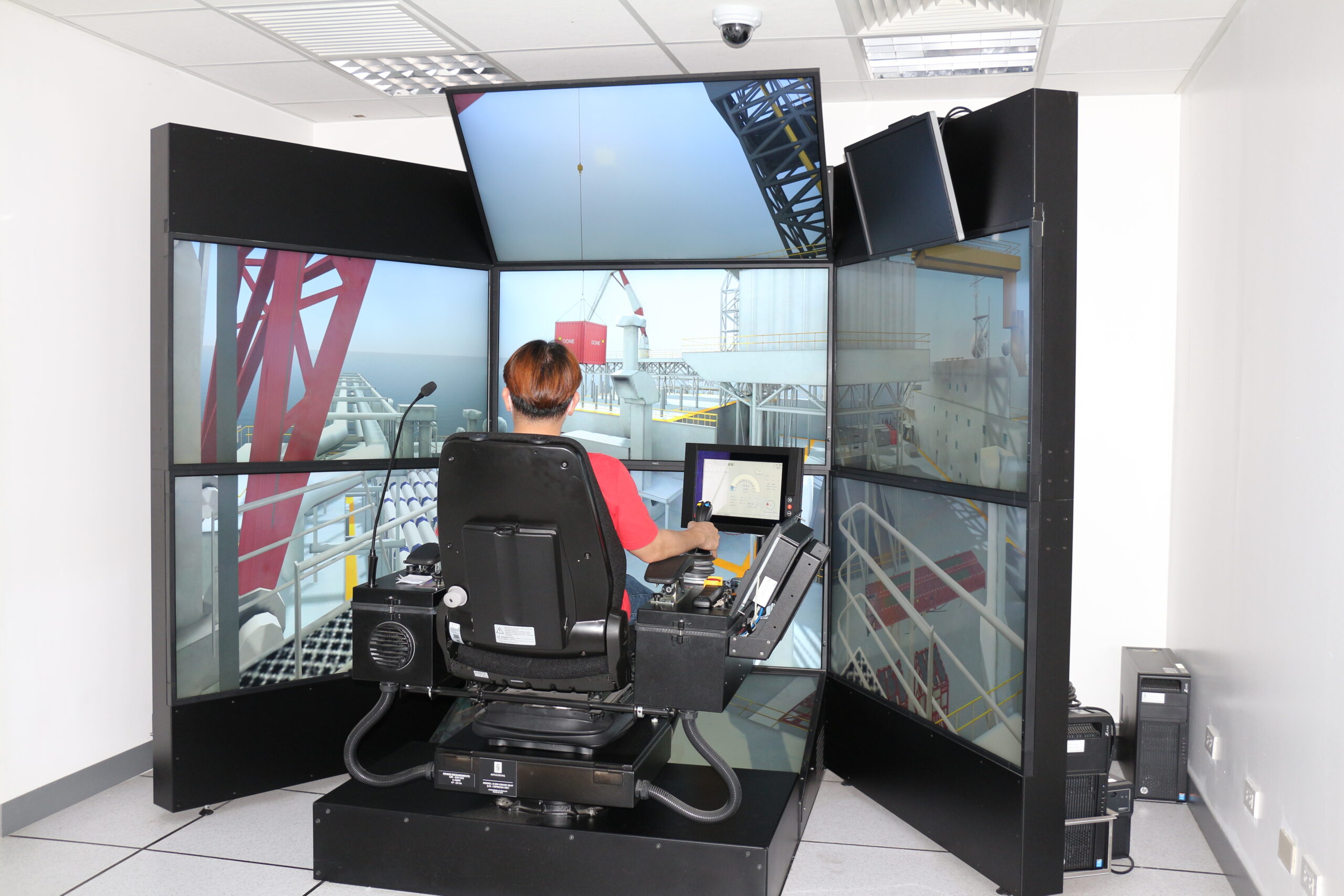The people have the right to know that they can trust their governments concerning the safety of COVID-19 vaccines. Governments must do the right thing as lives are at stake here. They must gain the trust of the people by being accountable and transparent regarding vaccine safety. By Lee Kok Leong, executive editor, Maritime Fairtrade
Since July the Communist Party of China (CCP) has been administering experimental vaccines to hundreds of thousands of people. The CCP is also conducting vaccine diplomacy by promising to sell vaccines to developing countries in a bid to gain political leverage. However, experts and vaccine developers have warned against using the vaccines before their safety and efficacy have been fully proven by last-stage clinical trials.
China is inoculating at least 350,000 people despite the fact that their vaccines are still undergoing clinical trials, thus raising safety and ethical questions. There are potential problems of using unproven vaccines when their long-term effectiveness and side effects are still unknown.
For example, they can cause serious health issues, lead to a false sense of security, and encourage behavior that can lead to even more infections. Moreover, the risks are even higher in China, where vaccine developers have a history of scandals and the media is unwilling or unable to play a watchdog role because of state control.
Crucial information about China-made vaccines and how much of public fund governments are using to buy them should be made available to the public. Public officials should present a clear fact-based case to convince taxpayers of why Chinese vaccines are preferred over others and whether they are safe. An open and transparent government matters now more than ever. The safety issue of these vaccines should not be left in the hands of politicians as citizens remain in the dark.
Governments and public officials must not limit citizens’ right to information. The transparent and timely sharing of information with the public, on both a proactive and reactive basis, is crucial for protecting public health, preventing corruption, safeguarding democratic institutions and improving policy and-decision-making.
Trust in public officials is important for effective government-led responses that minimize the impact of COVID-19 on lives and livelihoods. This trust will be lost if governments do not openly share information with citizens, thereby undermining compliance with public health directives and other measures to stop the spread of the disease.
No scientific merit to emergency use of experimental vaccines
It is mind boggling that, under an emergency use law, the CCP has injected such a big number of people with unproven vaccines outside the standard clinical trial process, especially when officials had claimed that the virus has largely been eradicated inside China. The irony is that the CCP is actually in a position where they can afford to wait for the outcome of ongoing phase 3 trials to fully understand safety and efficacy, without taking this short cut and compromising their citizens.
According to the Associated Press, Diego Silva, a lecturer in bioethics at the University of Sydney, said that giving vaccines to hundreds of thousands outside of clinical trials does not have scientific merit in China, where there are currently very few locally transmitted cases, and incoming arrivals are quarantined centrally.
“If it’s in the US where the virus is still raging, that’s a bit different, but in a country like China, it doesn’t seem to make sense to me,” he said. “Because there’s not enough of the virus in China locally to deduce anything, you’re introducing a whole host of other factors” by injecting people outside of trials.
Safety, ethical risks of China-made vaccines
The South China Morning Post reported that even as health experts are pressing for transparency as countries race to develop vaccines under political pressure, little has been revealed to the public about the research methodology and trial protocols of the Chinese companies developing the vaccines.
According to The Post, China has more vaccine candidates than any other country. Out of 300 candidates around the world, nine are in phase 3 trials, and four of these are being produced in China. CCP’s general secretary Xi Jinping told the World Health Assembly at its virtual gathering in May that his country’s Covid-19 vaccines will be treated as a “global public good”, meaning that these not fully-tested vaccines with opaque data are going to be sold around the world, potentially putting millions of people at risk.
Nine major US and European vaccine developers pledged in Sep to uphold scientific standards and testing rigor in a bid to allay fears that safety and efficacy standards might slip in the rush to find a vaccine. However, it is very telling that Chinese companies and institutions, which are involved in several leading vaccine projects, did not sign the statement.
The US’s top infectious diseases official, Dr Anthony Fauci, has raised concerns over the safety of China-made Covid-19 vaccines. He said it is unlikely his country will use any vaccine developed in China, where regulatory systems are far more opaque than they are in the West.
Experts have criticized using the experimental vaccines before clinical trials have been completed, according to the Voice of America. They also say speeding up the process introduces more risk, which can undermine the vaccination effort in the long run. Vaccines usually require many years of research and testing before being made available to the public.
One prominent expert, Dr Arthur Caplan, head of the division of medical ethics at New York University’s Grossman School of Medicine, said: “It is reckless and dangerous to distribute a minimally tested vaccine about which nothing has been published. Puts too many people at risk without opportunity to study safety and efficacy in a large group.”










